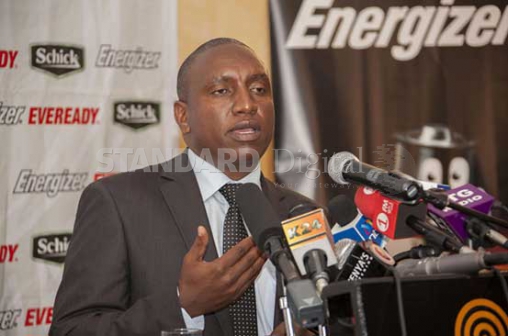×
The Standard e-Paper
Smart Minds Choose Us

Yearlong talks over a distribution contract between Eveready East Africa and American dry cell manufacturer Energizer, have fallen apart with the two parties opting to walk out of their 49 year relationship.
Eveready has launched its own line of dry cell batteries debuting as Turbo, which will rival Energizer in the market.